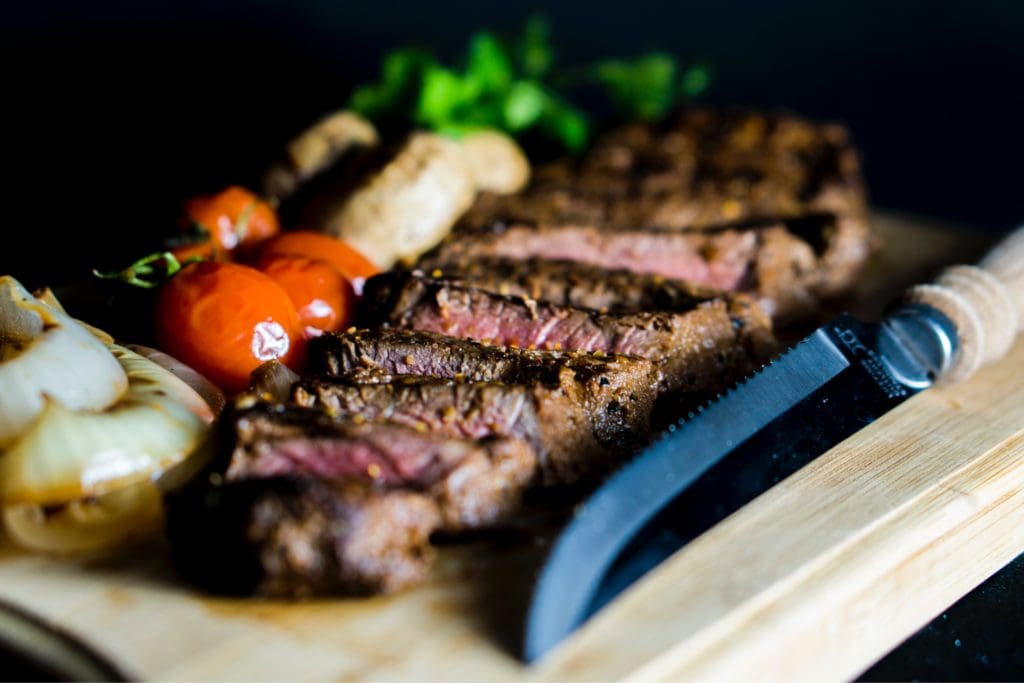On Friday, August 30, 2019, presidential hopeful Bernie Sanders declared that he was open to taxing meat and other animal products at the federal level. He justified this proposal on the grounds that it would preserve the planet’s resources and would help keep climate change at bay.

This represents part of a growing anti-meat agenda that the political Left is embracing. Not too long ago, former congressman Beto O’Rourke was in agreement with an NPR interviewer who suggested that getting to net-zero emissions will require people to use electric cars, move into small houses, have fewer kids, and eat less meat.
Political elites have been trying to wage a so-called “War on Meat” during the last few years by not only using arguments in favor of animal welfare but also linking meat consumption to global warming. The rollout of the Green New Deal has brought forth the idea that meat consumption must be curbed in order to fight global warming and promote sustainable development. When broken down, the aforementioned programs entail some form of government intrusion into people’s right to consume what they please.
Such demands infringe on property rights and place the state as the chief social engineer of human behavioral patterns. Debates about the environment and health consequences of meat consumption can be made. But why do we immediately believe that there must be a government solution to solving this problem?
Instead, people should look at solutions in civil society and the market as a means of addressing the problems that we face. That’s why research and debate are so important. Meat consumption may not be a problem in the first place. We may never know. For that reason, we should be hesitant about turning toward a government solution for a potentially non-existent problem.
For nanny-state politicians like Sanders, however, this does not register. In their view, government responses for every perceived problem under the sun are the only means of addressing them. Any voluntary form of action is not up for consideration.




















